How to choose a tongue drum
The unique and fascinating steel tongue drum offers a world of musical exploration accessible to everyone, even those without a musical background. But how do you go about choosing one that's right for you? While there are no hard and fast rules (every tongue drum is a joy to play!), here are some key factors to consider when making your choice:
Size & material: Why it matters
When it comes to tongue drums, size does make a difference. Drums are available in various shapes and sizes, with the general rule being: the bigger the drum, the richer and more resonant the sound. For instance, 14- and 15-inch drums produce particularly deep, lingering notes that a smaller drum might not achieve.
While all tongue drums have metal bodies, variations in the type and combination of metals used can subtly influence the instrument's tone. Typically, higher-priced drums have a clearer and more expressive tone. To help you make the right choice, we've included videos in our product descriptions, allowing you to listen and select the drum whose sound resonates most with you.
Tuning & scale: Set your tone
Tuning is another critical aspect of choosing a tongue drum. Most can't be retuned at home, so you'll want to select a scale that suits your musical preferences. Generally, drum scales fall into two categories:
1. Major/Diatonic scale
If you fancy playing popular tunes like "You Are My Sunshine" or "Castle in the Sky," consider a drum tuned in C or D major. The more notes your drum has, the broader your song repertoire will be.
2. Special scales/modes
If you're interested in meditation, sound healing, or improvisation, consider a drum with a unique scale or mode. We offer a range of these, including
D minor tuning for the 9-note mini handpan
Akebono tuning on the 10-note Japanese style drum
Pentatonic scale on some mini drums
These scales create a distinctive mood or feeling, producing soothing, relaxing sounds, no matter how you play them. However, the trade-off is that you might not find many popular pieces written for these scales.
Here is a video of 9-note D minor mini handpan improvisation.
Check out the following video of a tongue drum tuned in Akebono scale.
The drawback of these tunings is that you can't find many popular pieces to play on them.
In a nutshell, drums tuned to a major scale lend themselves more towards melody and recognizable tunes – they're a beginner-friendly musical instrument.
In contrast, drums with special tuning are perfect for rhythmic playing and meditative practice – think of them as sound healing tools.
*That's not to say you can't produce impressive music with a drum tuned to a special scale – with practice, these drums can sound truly fantastic (see below video). However, for beginners seeking to play familiar songs, a major-tuned drum is often a better choice.
Despite the complexities and options involved in choosing a tongue drum, remember: there's no wrong way to play it, and the best drum for you is the one that brings you the most joy, both in sound and appearance. Dive in, explore the world of tongue drums, and find your perfect match today! 🥰
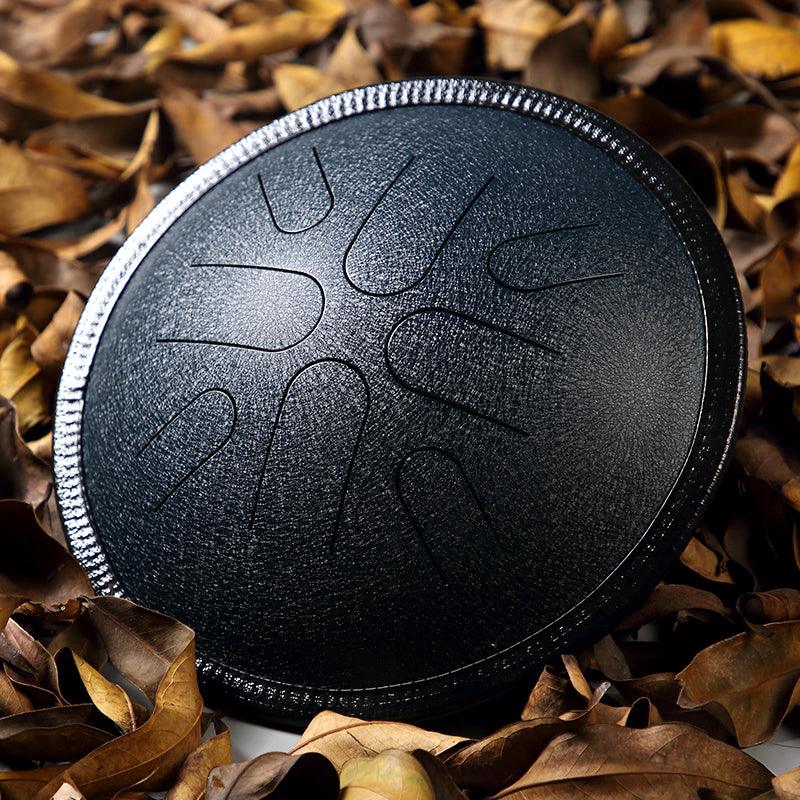
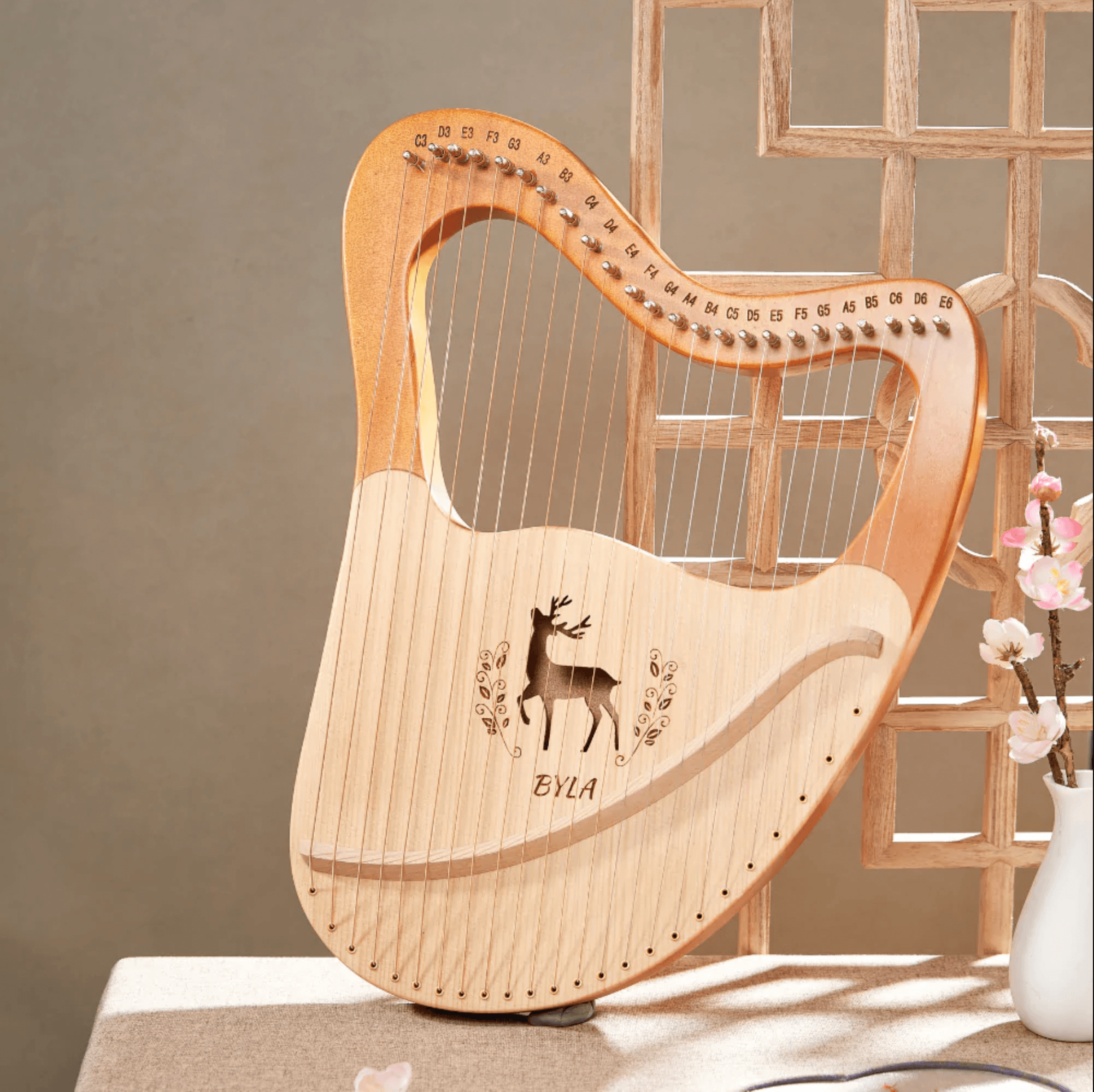
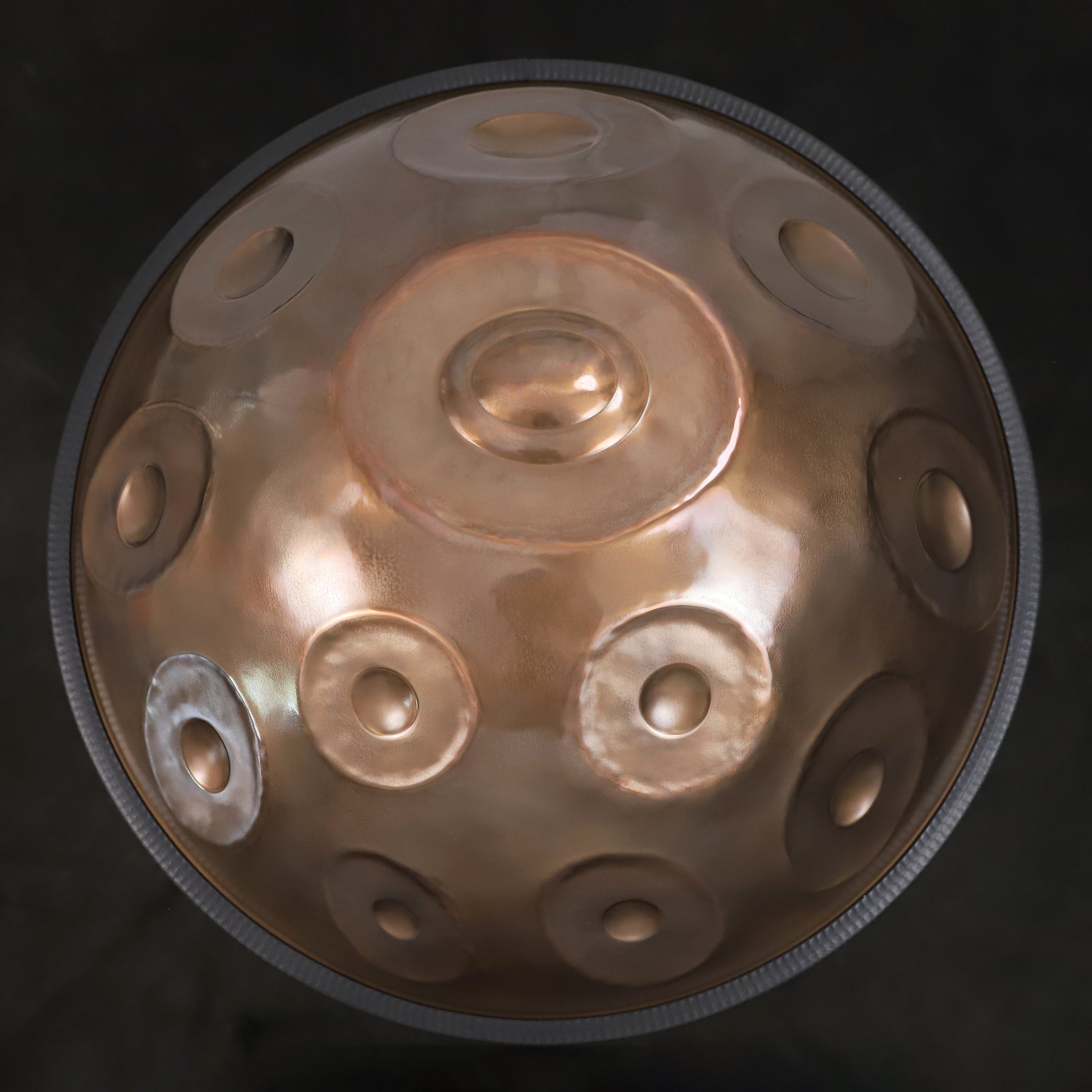
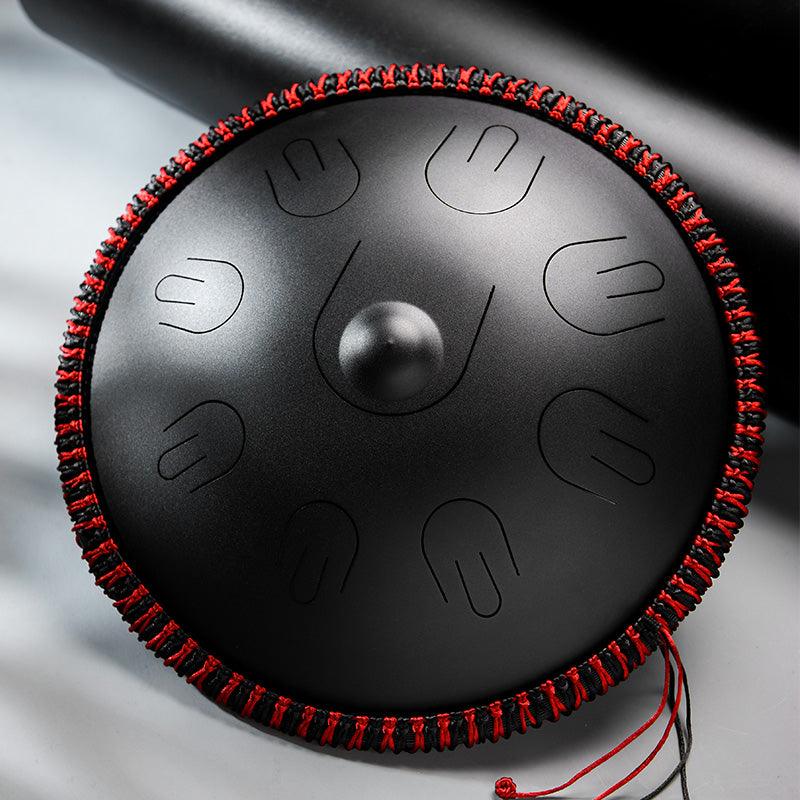
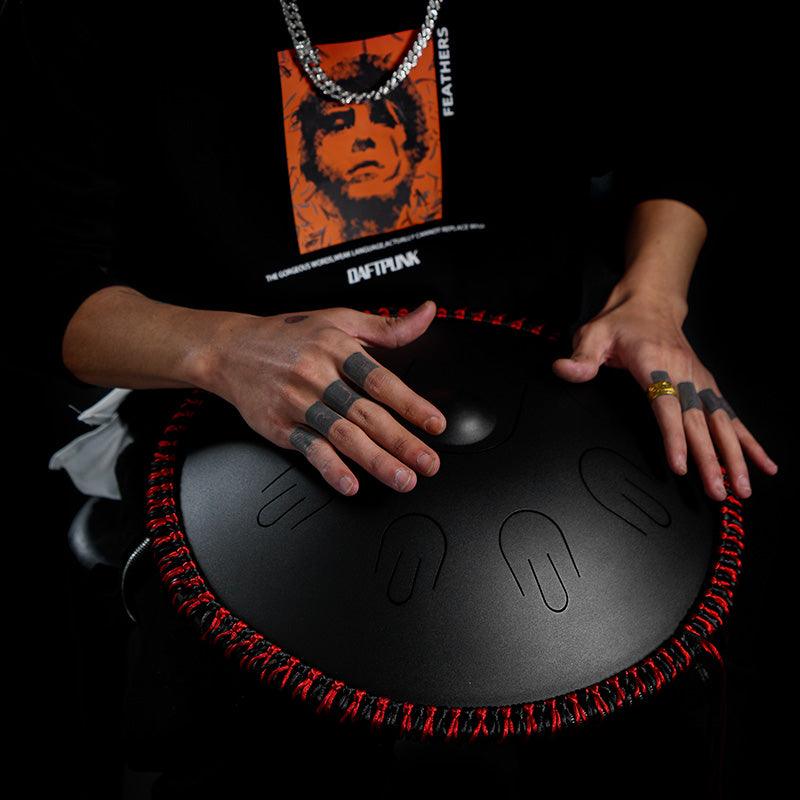
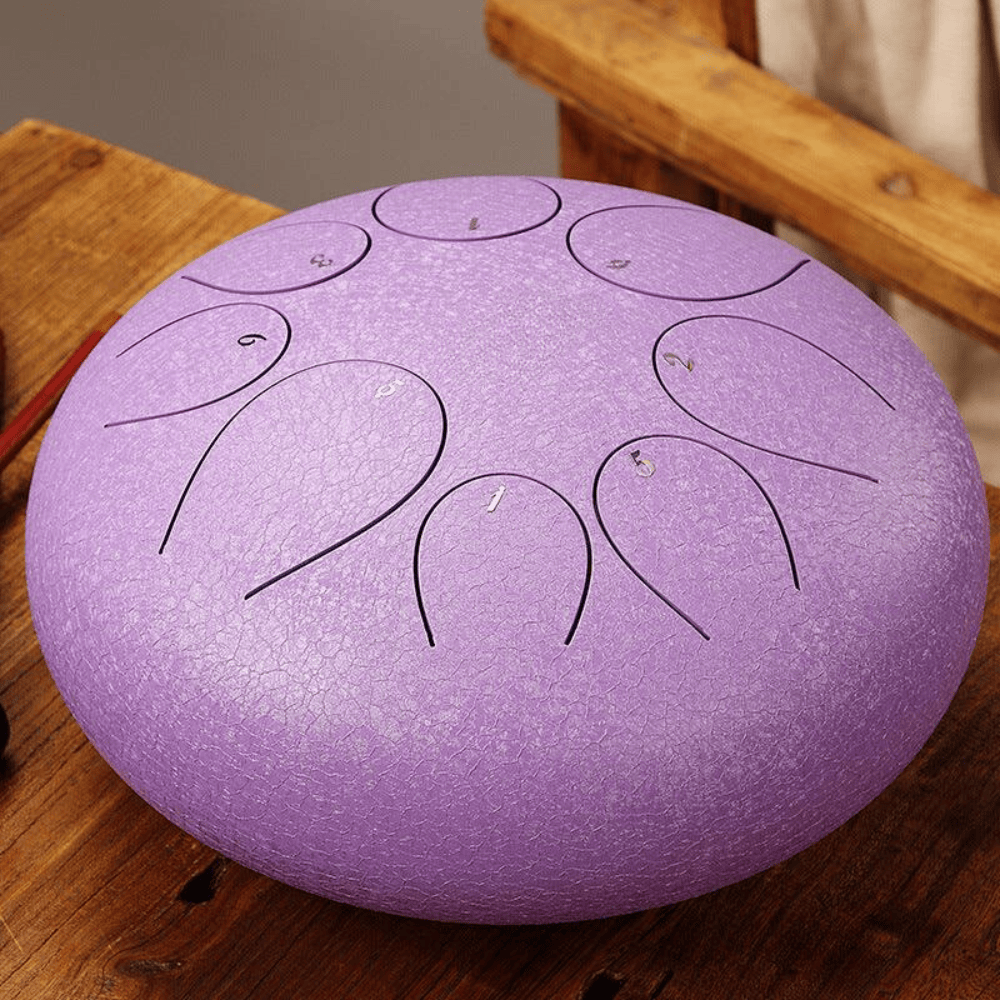
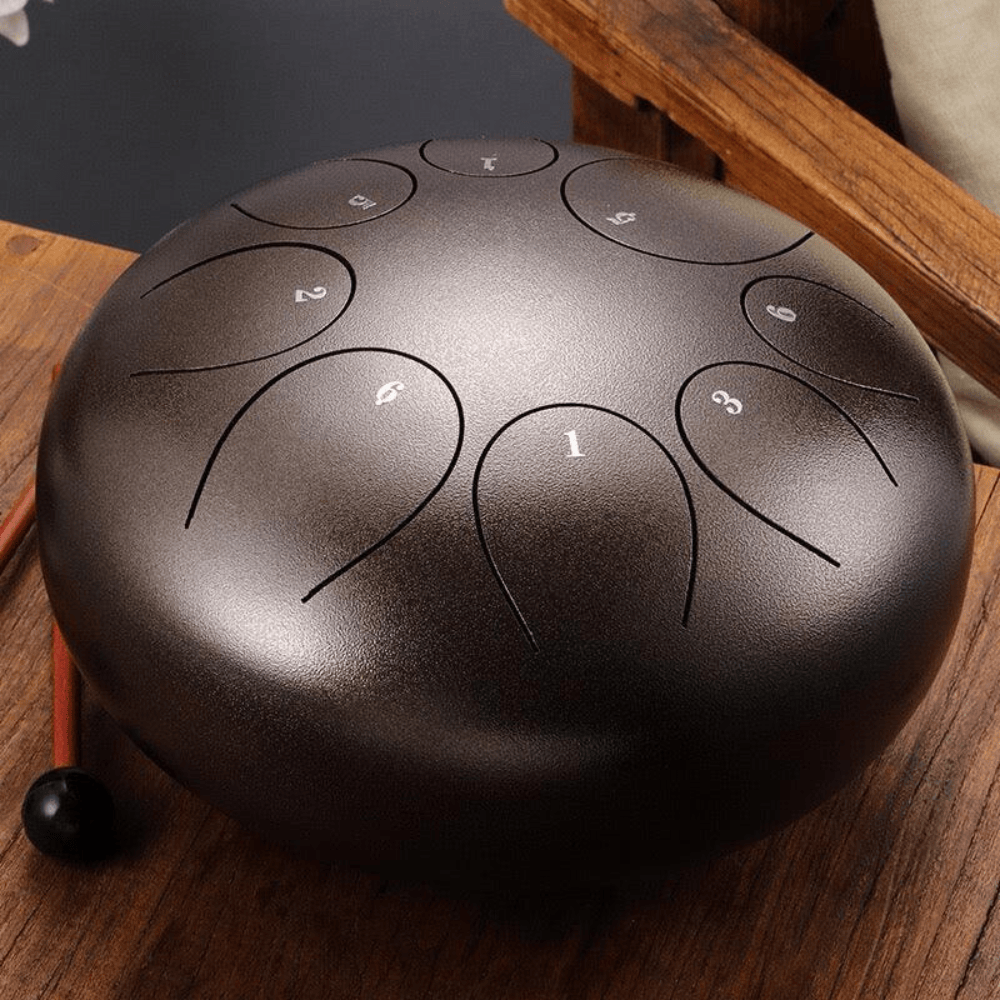
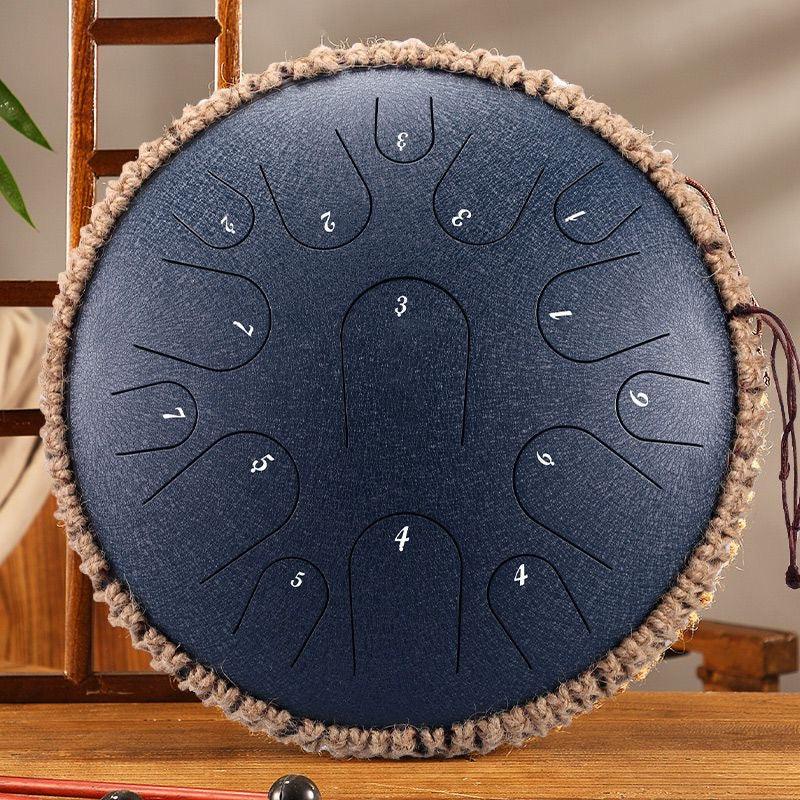
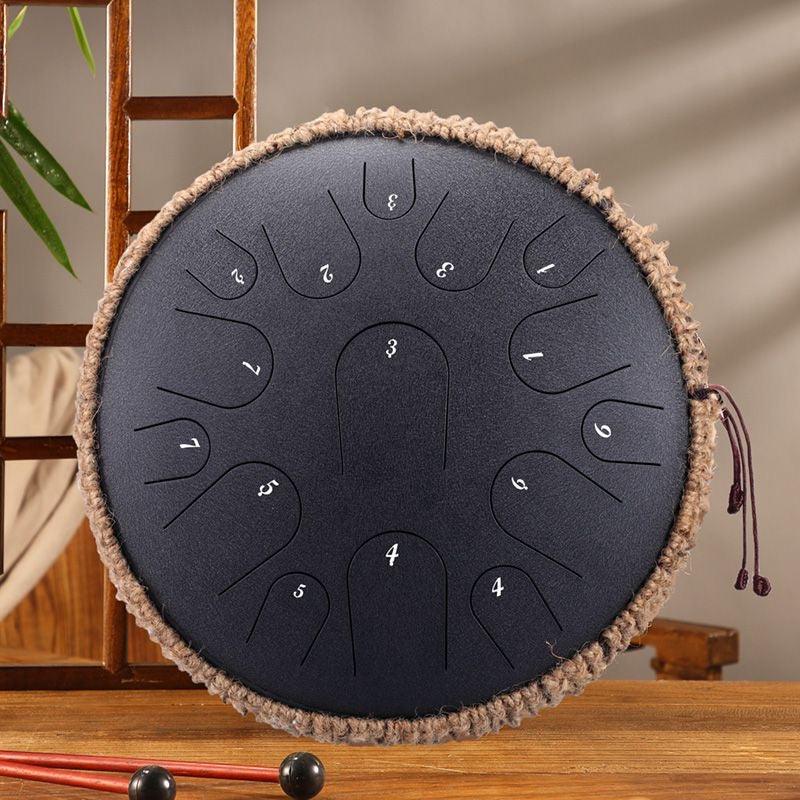
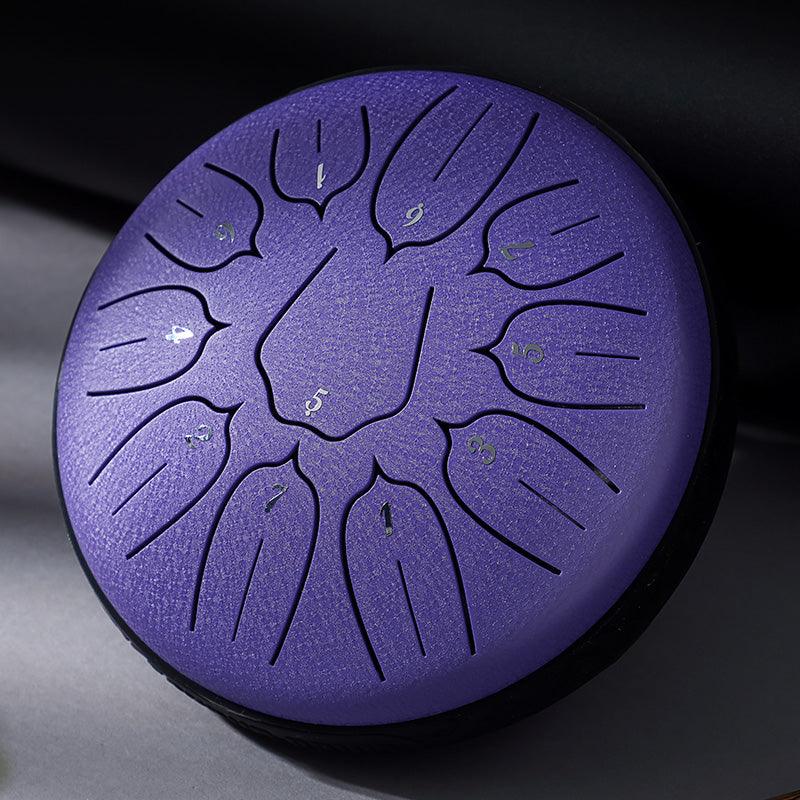
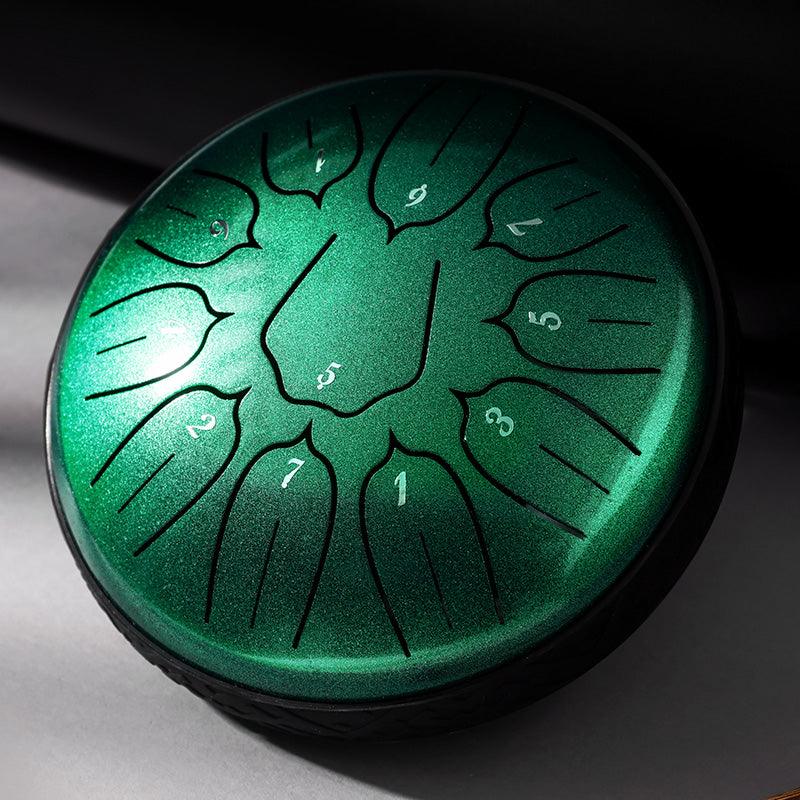
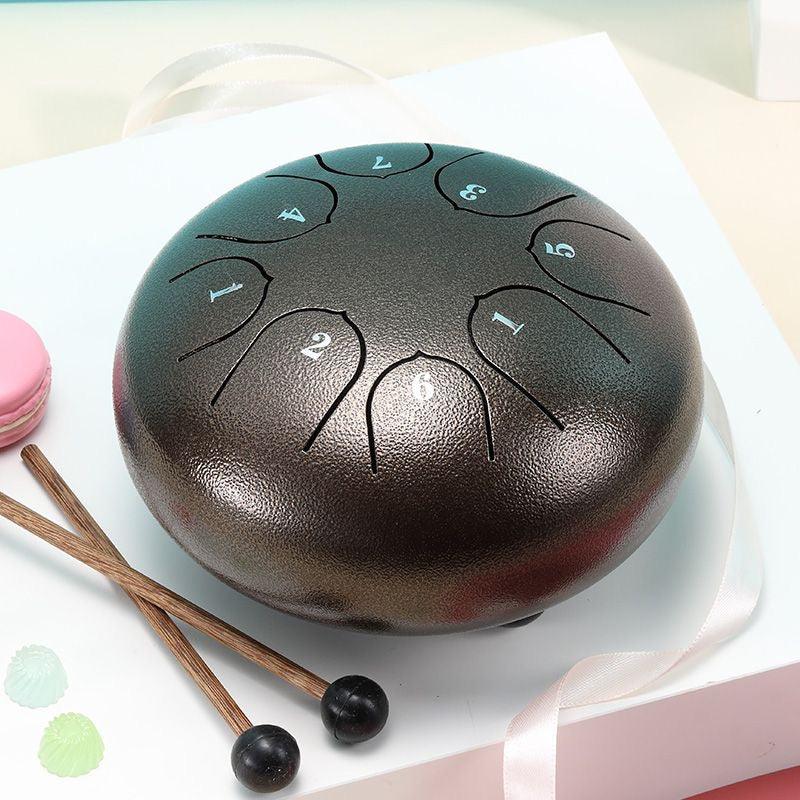
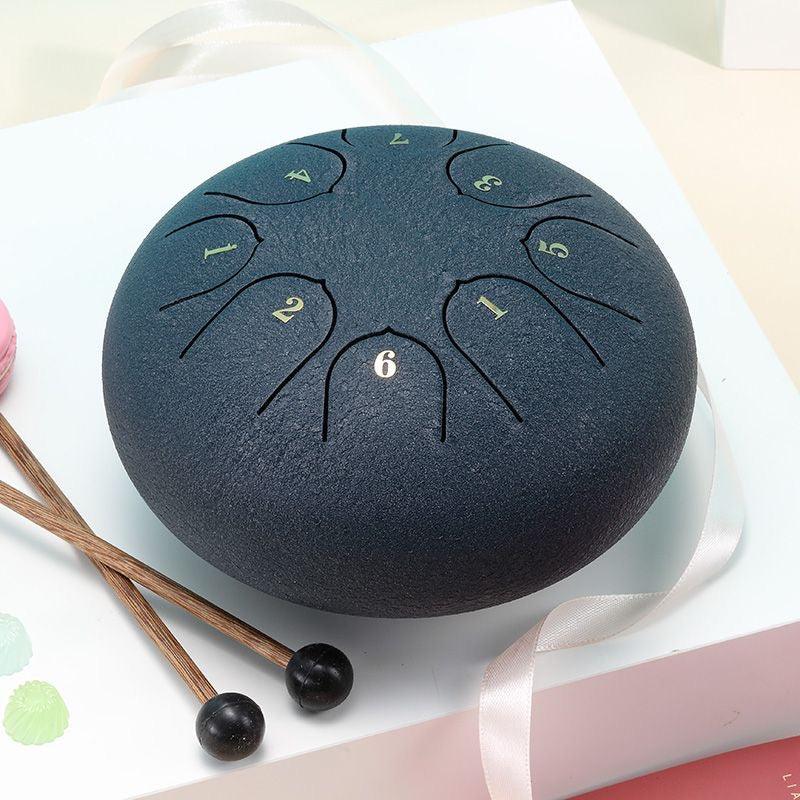
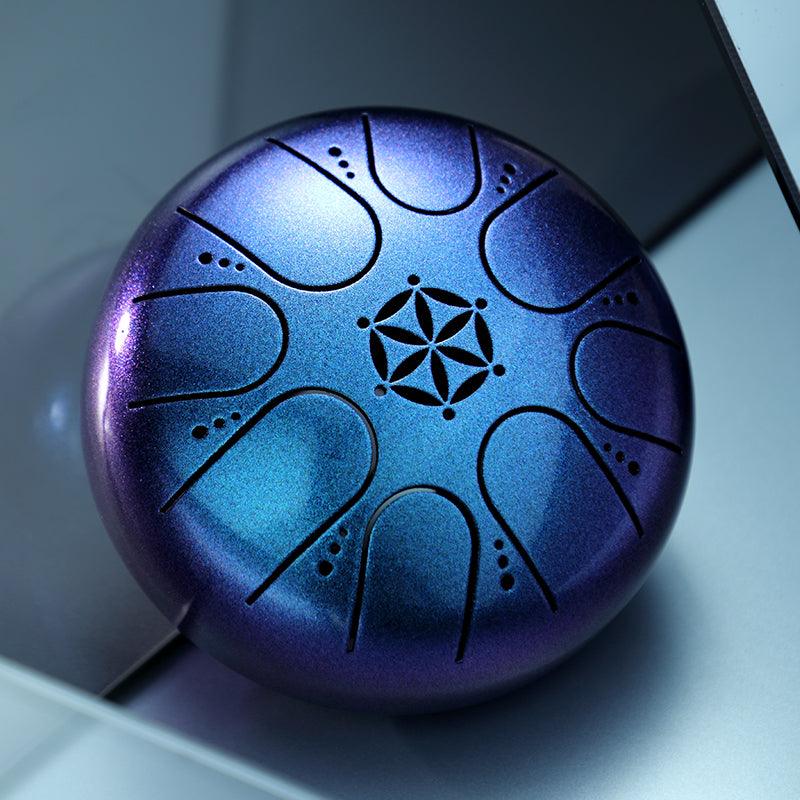
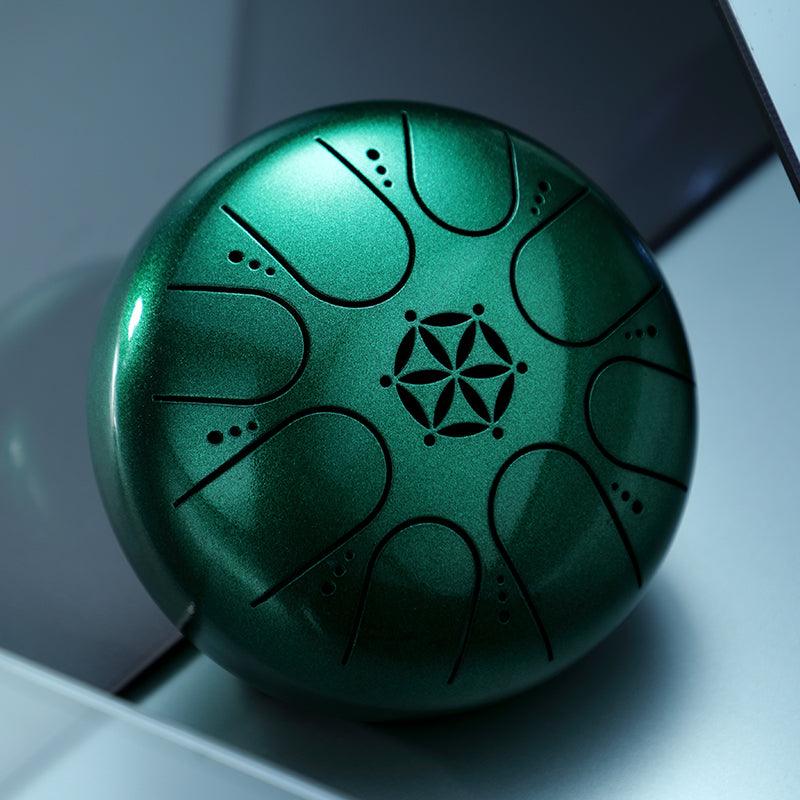
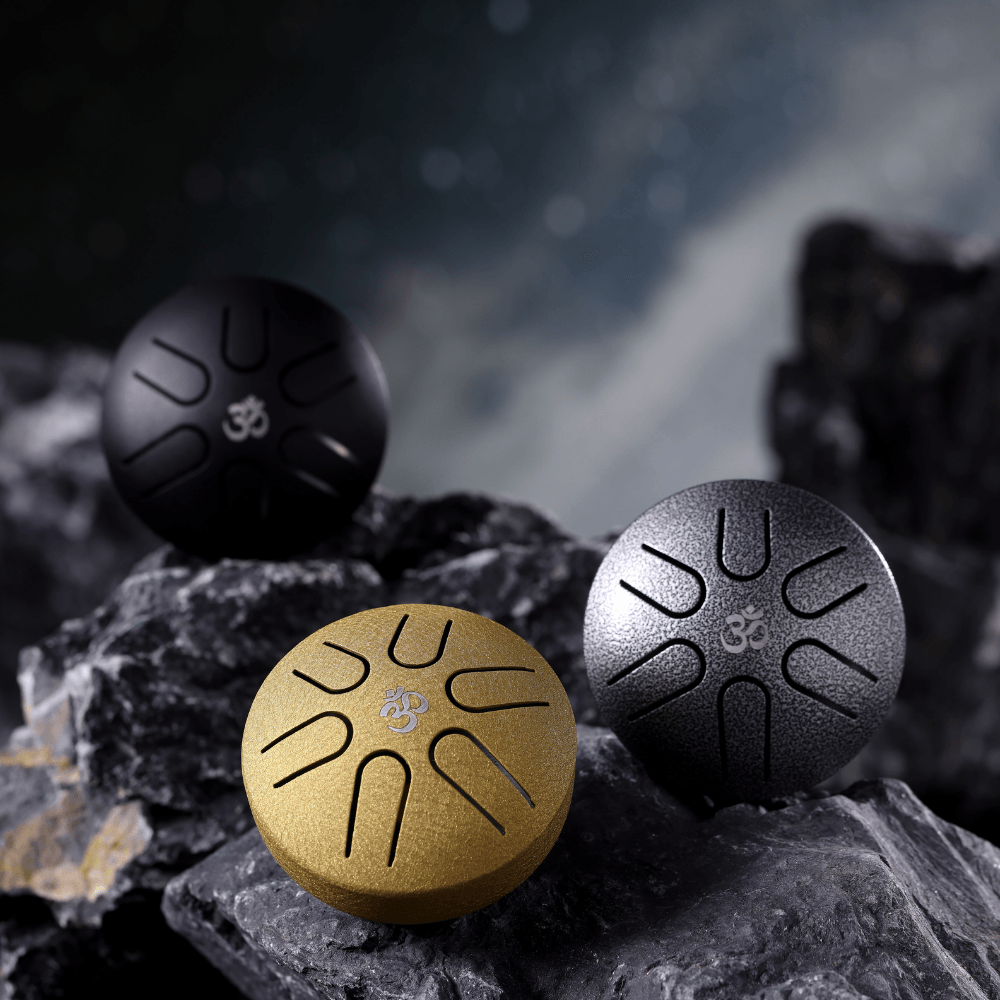
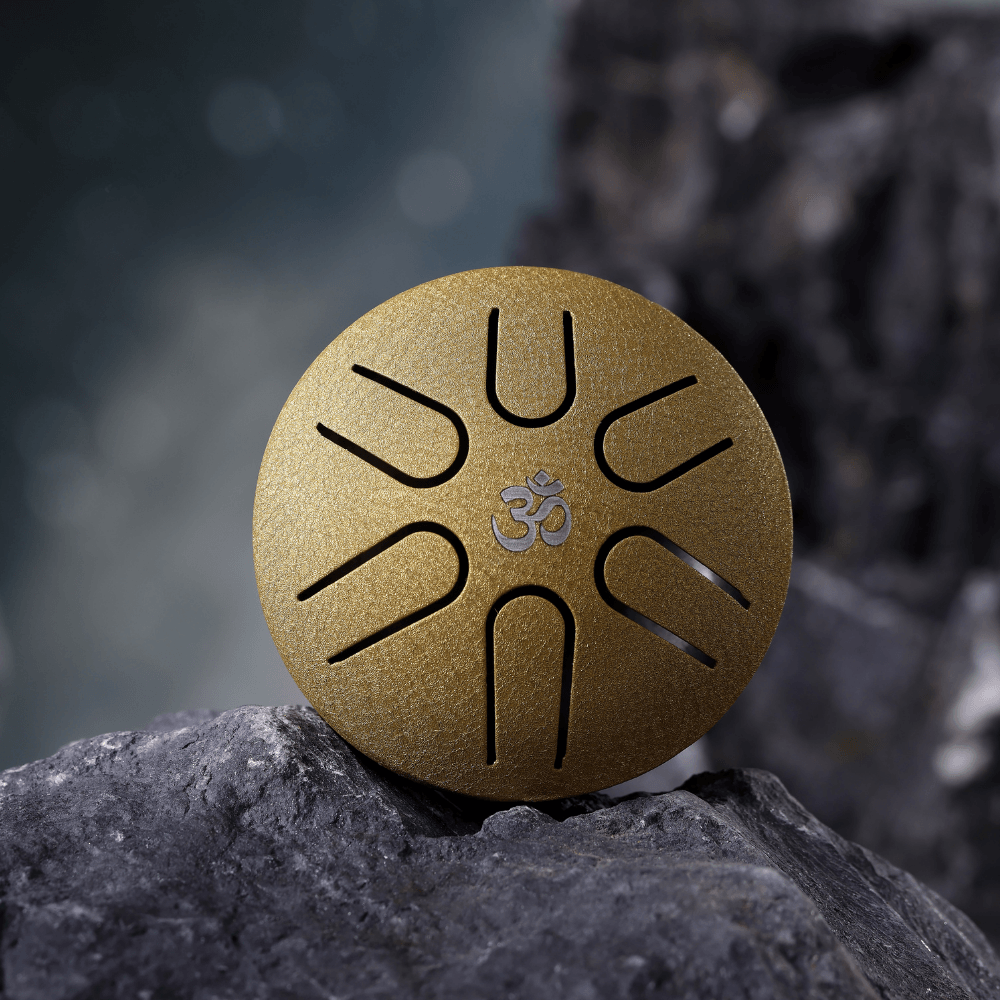
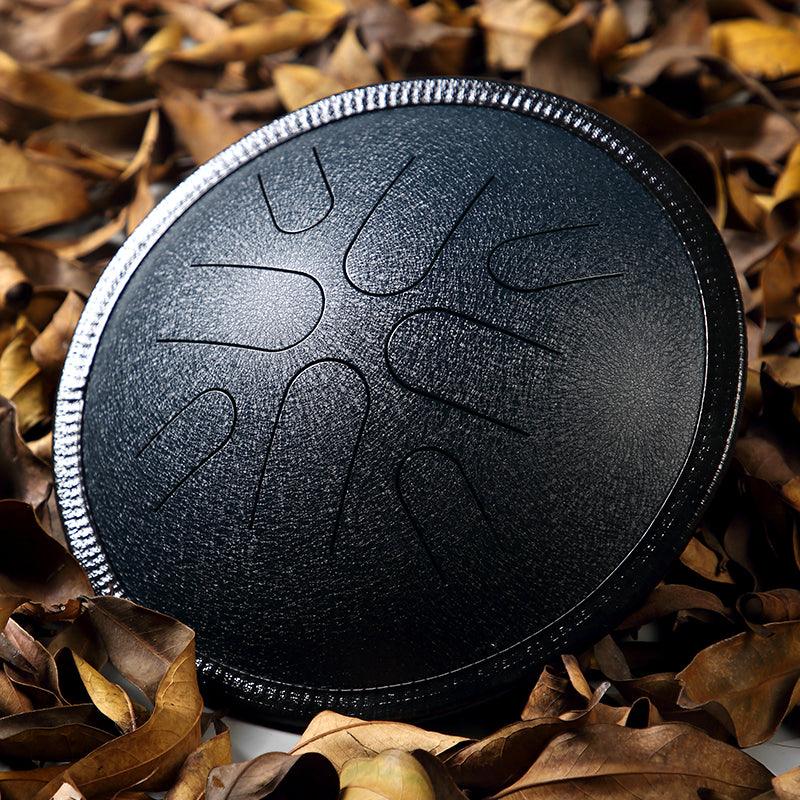
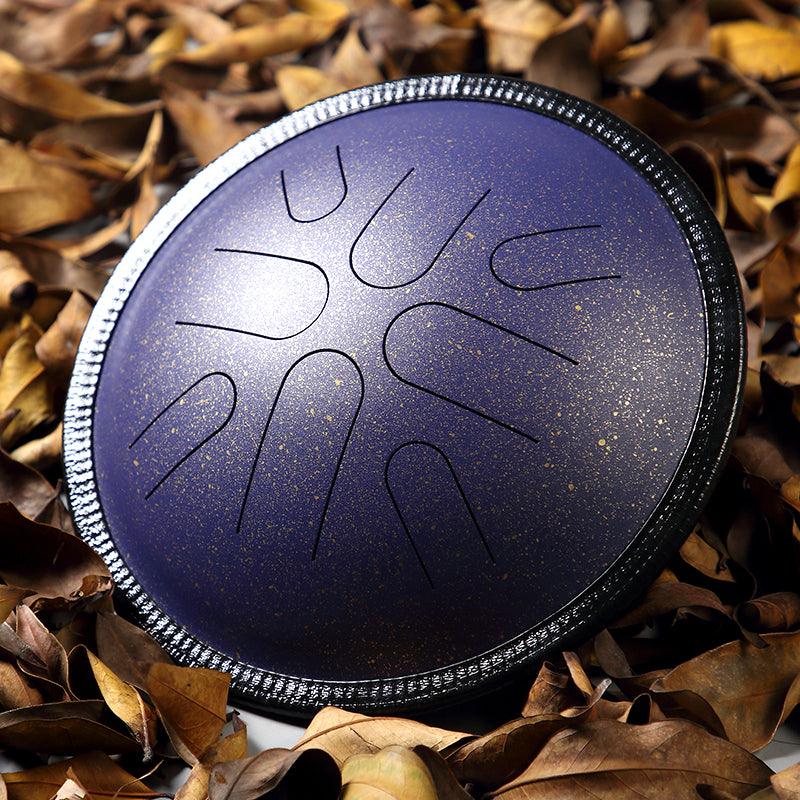
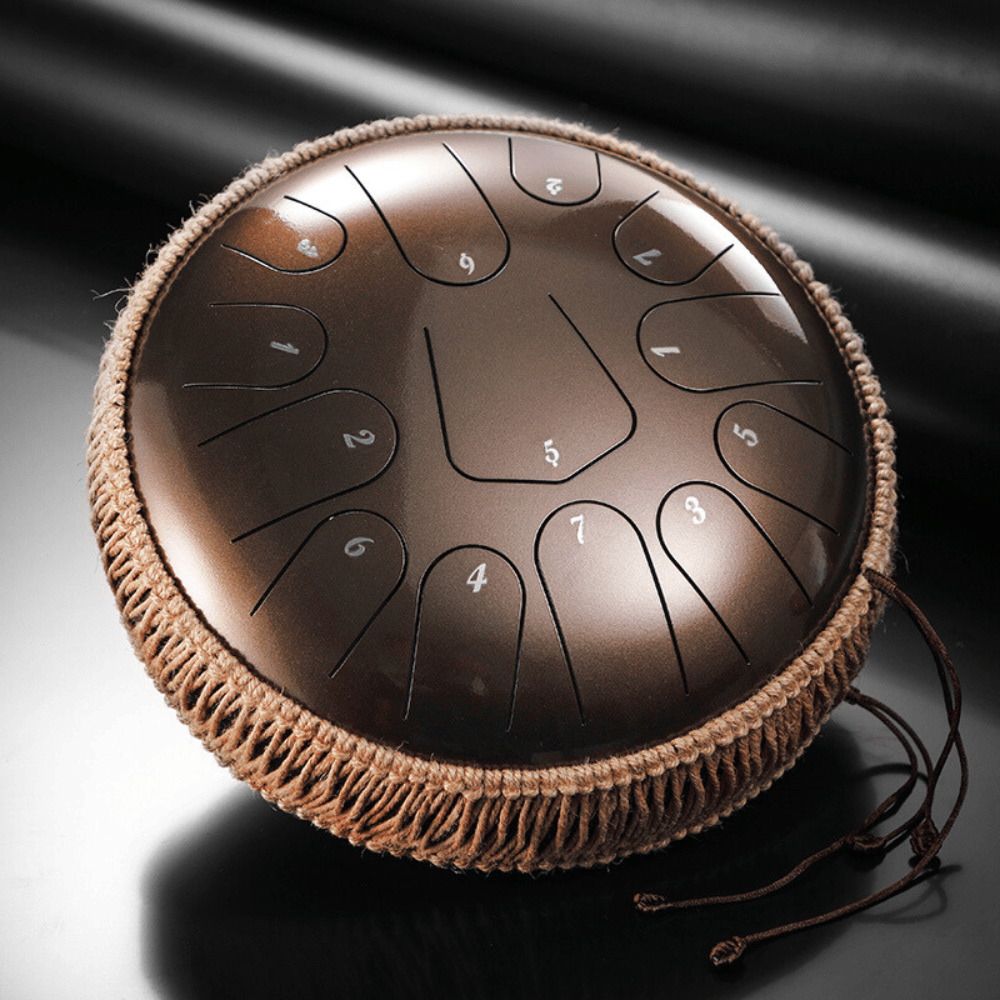
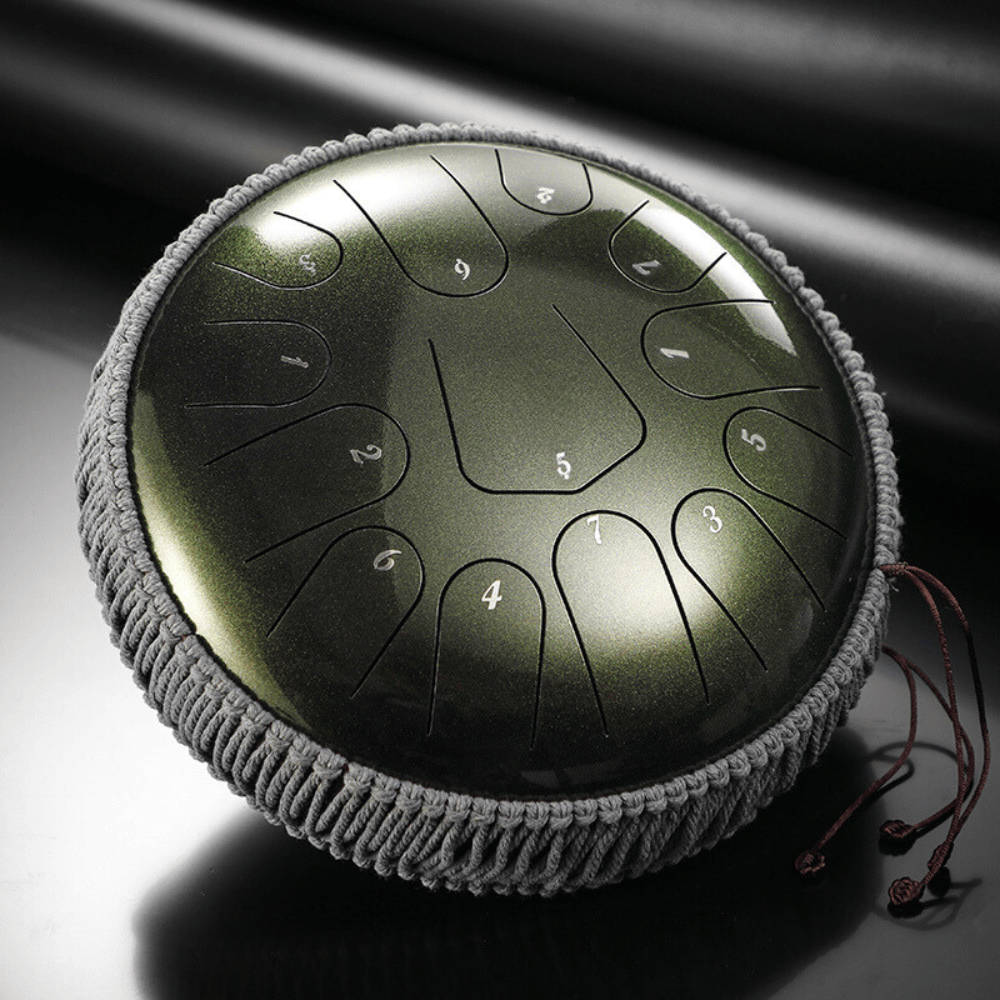
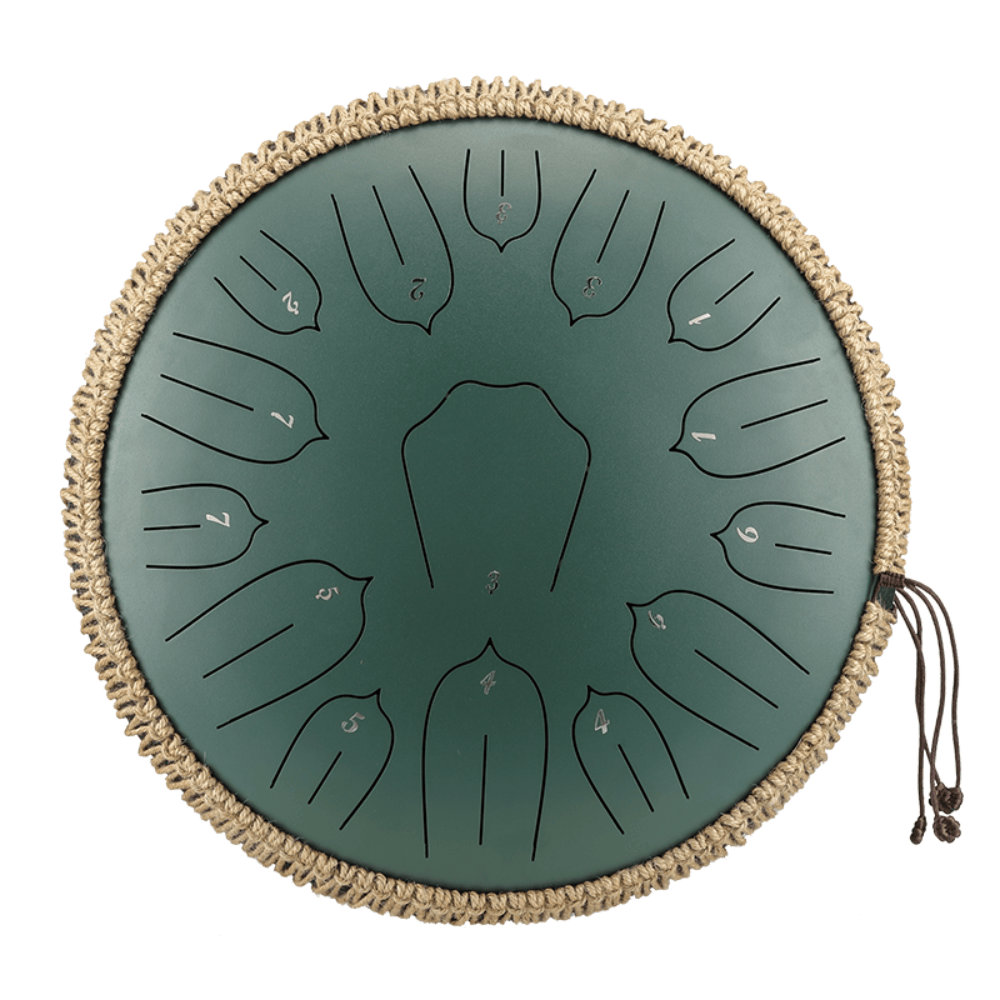
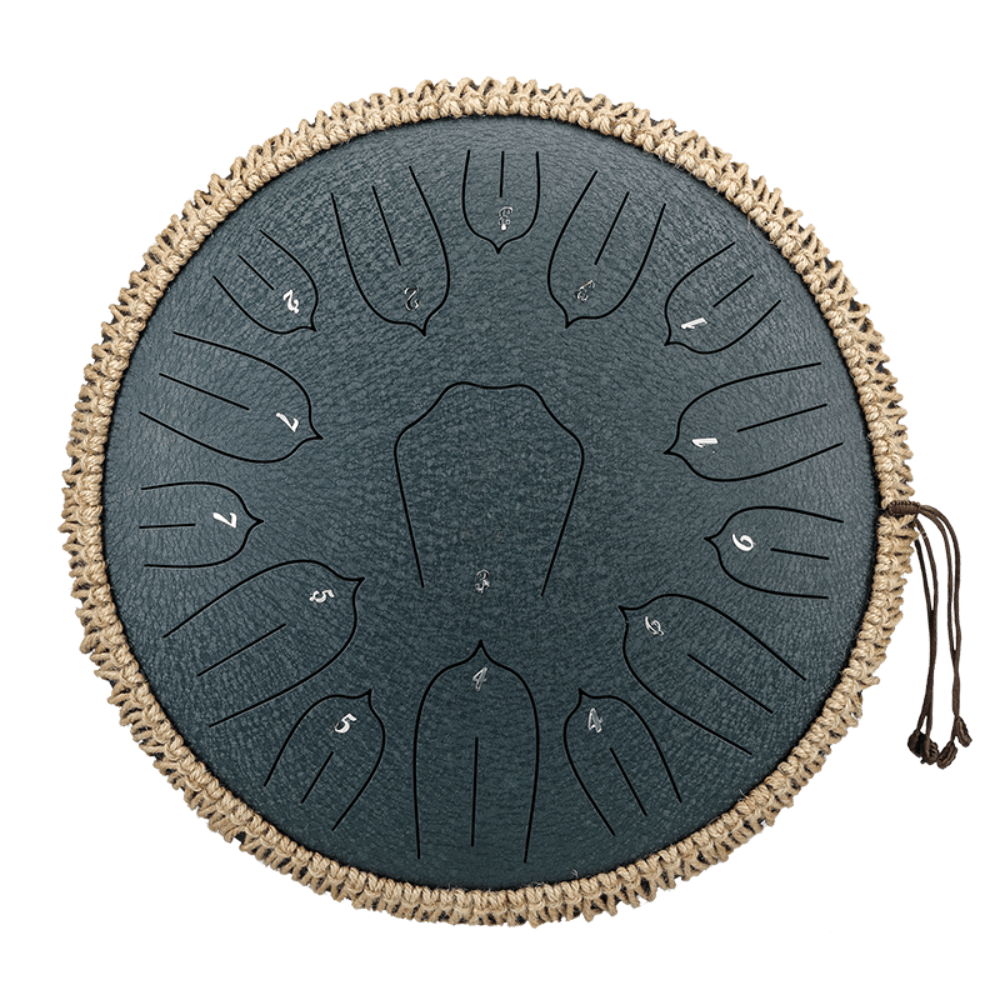
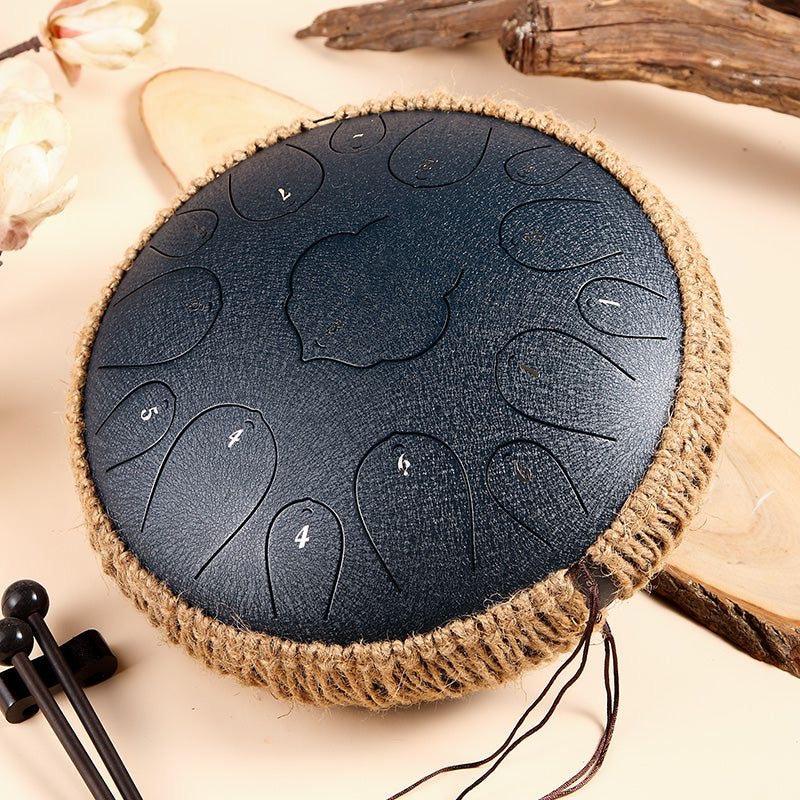
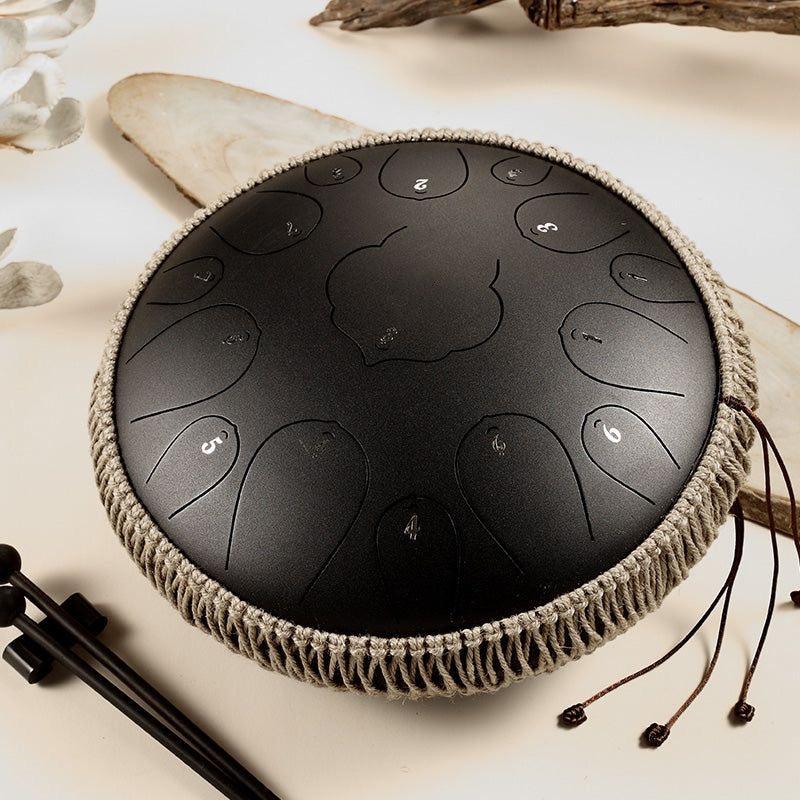
2 comments
Heather Robb
I found your information and video clips about different types of tongue drums very helpful. Thank you for this.
Meg
Hi which drum would you recommend for a 7 year old.
Thanks
Leave a comment
All comments are moderated before being published.
This site is protected by hCaptcha and the hCaptcha Privacy Policy and Terms of Service apply.